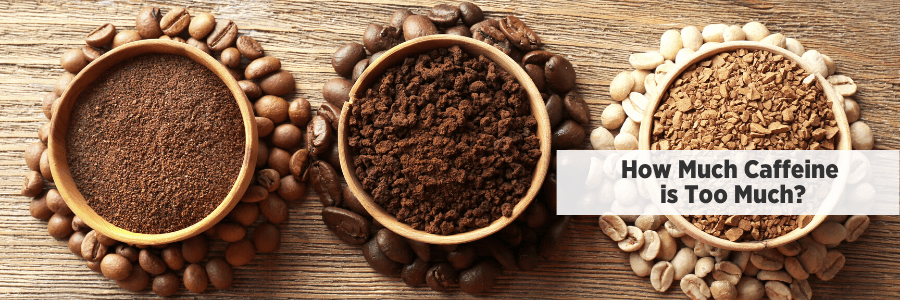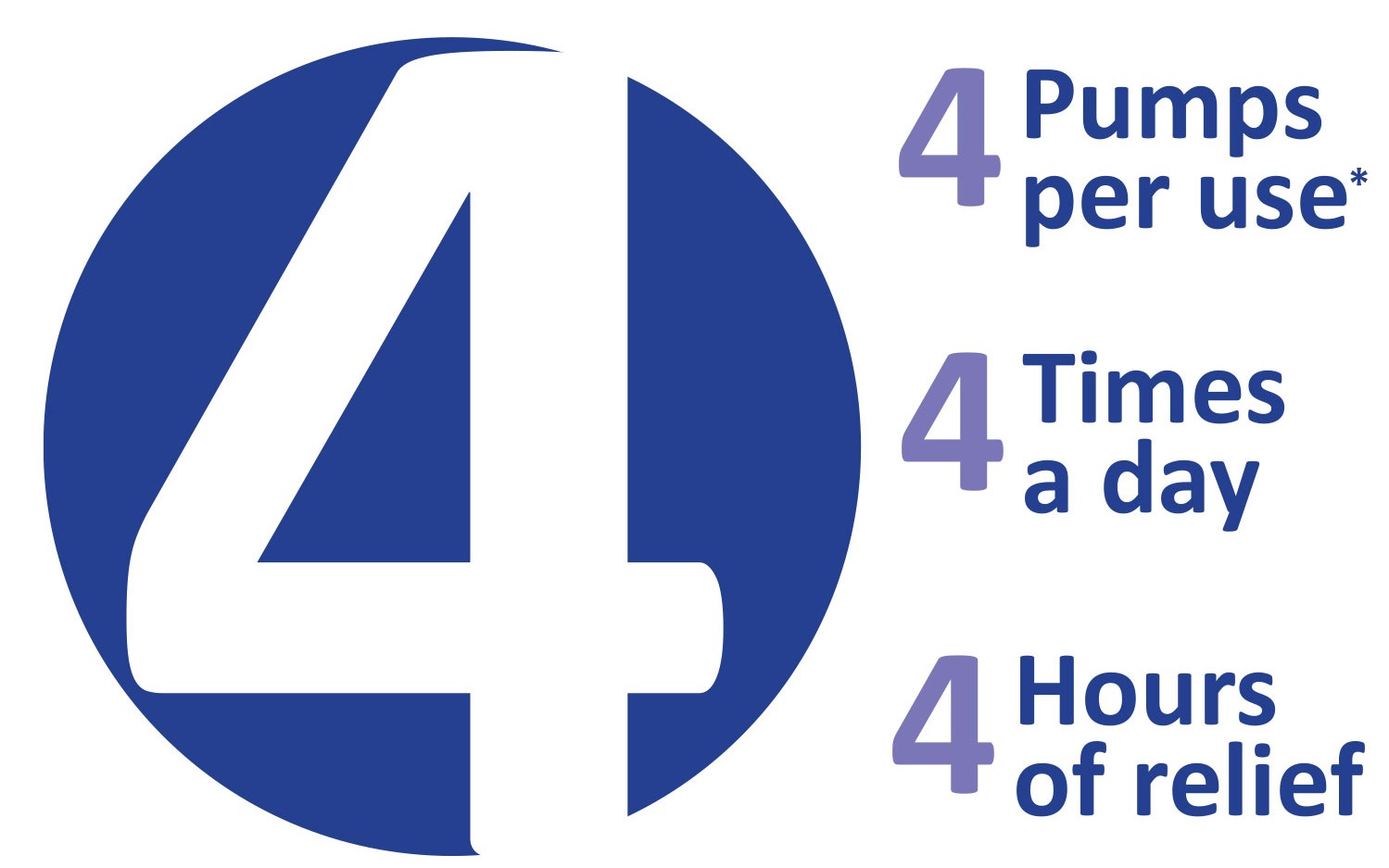How Much Caffeine is Too Much?

Caffeine is a large part of many people’s day. Coffee can be an essential part of someone’s morning routine or even soda during dinnertime. While caffeine may seem like an integral portion of the day, too much caffeine can affect your overall health. Moreover, typically when we think of caffeine, we initially think of coffee, but caffeine is in many different beverages.
How Much is Too Much?
It is important to be aware of your caffeine intake. Generally, about 400mg of caffeine per day is safe for most adults. This is equivalent to about 4 cups of coffee per day. If you are consuming more than this amount, you probably have experienced a jittery feeling or even dry mouth symptoms.
In addition, energy drink or energy shot consumption has been increasing over the past few years. In general, energy drinks contain more concentrated caffeine than coffee, tea, or soda. This can be harder to keep track of because generally, there are higher levels of caffeine in energy drinks.
Overconsumption of caffeine may lead to caffeine intoxication resulting in tachycardia, vomiting, cardiac arrhythmias, and seizures.
Side Effects of Too Much Caffeine
Drinking too much caffeine may have negative side effects. It is always important to speak with a medical professional about any problems you are experiencing, but some effects of too much caffeine may be:
- Insomnia
- Jittery feeling
- Irritability
- Muscle tremors
- Frequent bathroom breaks
- Headache
- Fast heartbeat
- High blood pressure
- Bad breath or halitosis
- Dry mouth
What is Dry Mouth?
Dry mouth is a medical condition known as xerostomia. Xerostomia can be caused by medical and non-medical reasons, but regardless, causes inadequate saliva production. Consequently, this creates a dry, uncomfortable feeling in the oral cavity. Some causes of dry mouth symptoms are:
- Too Much Caffeine
- Prescription Medications and Vitamins
- Sjogren’s Disease
- Cancer Treatments
- COVID-19
- Sleep Apnea
- Alzheimer’s Disease
- Aging Process
- Dehydration

Connection Between Caffeine & Dry Mouth
Many of us do not consider the effects our morning coffee may have on us. However, it is the overconsumption of caffeine we need to be cautious about. Too much caffeine can have negative side effects such as irritability, insomnia, etc. as previously stated above.
Dry mouth as a result of caffeine is usually caused by the presence of tannins. Tannins are categorized as an astringent that when consumed, may create a dry, puckering feeling within the mouth. Tannins are located in coffee, tea, red wine, and fruit.
Too much caffeine may lead to a large increase in tannins, hence the cause of dry mouth symptoms. This is why tracking caffeine intake is crucial to avoid dry mouth symptoms.
Dry Mouth Problems
While dry mouth symptoms may be uncomfortable, there may be larger problems that arise. Unfortunately, these symptoms may lead to larger systemic health issues. The health issues may range from oral and systemic. Some dry mouth problems are:
- Poor dental hygiene
- An increase in plaque
- Tooth decay
- Gum disease
- Oral thrush
- Altered, or metallic taste
- Poor nutrition as a result of discomfort while eating
Alleviate Dry Mouth Symptoms
If you are consuming too much caffeine, this should be easier to fix than some of the other causes of dry mouth. So, first and foremost, begin limiting your caffeine intake. It may be beneficial to switch out your typical coffee with a decaffeinated version for you initially or make sure you’re reducing your normal cups of caffeinated coffee.
Some other ways to alleviate dry mouth symptoms are to stay hydrated, use a humidifier, or avoid mouthwashes with alcohol. Registered Dental Hygienist and Teeth Chatters Podcast Host Sara Juliano also recommends utilizing a tongue scraper to remove excess plaque and reduce the risk for halitosis.
For symptomatic relief of dry mouth symptoms, Lubricity Dry Mouth Spray can help as well. Lubricity is a flavorless, odorless saliva substitute that provides comfort and relief from dry mouth symptoms.
What is Lubricity?
Lubricity is an odorless, flavorless, and colorless spray that is perfect for people who are overly sensitive to taste. Our Dry Mouth Spray also has Zero Calories, NO Gluten, NO Alcohol, NO Sugar, and is Vegan-Friendly!
Lubricity Dry Mouth Spray has 5 simple ingredients: Hyaluronic Acid, Xylitol, Sodium Benzoate, Potassium Sorbate, and Purified Water. This simple formula is clinically proven to alleviate your dry mouth symptoms for up to 4 hours.
How to use Lubricity?
Our product comes in a convenient 0.5oz and 2oz spray bottle. Simply point and spray 3-5 times per use. When used as directed, Lubricity provides up to 4 hours of relief from dry mouth symptoms.
For best results, we recommend using Lubricity Dry Mouth Spray as follows:

Use Lubricity after a meal and before bed. If needed, Lubricity can be used more than 4 times per day. *Some may need 3-5 pumps per use, as the bottle needs to be primed upon opening. Relief from symptoms begins immediately. Maximum effectiveness is achieved after 72 hours of continued use.
Important: If you are pregnant or breastfeeding, please consult your physician before using Lubricity. DO not use Lubricity if you are taking any medications that are contraindicated with the product. Please consult with your physician if you have any concerns regarding the use of this product. Keep out of reach of children.
Lubricity is a Proud Supporter of the







